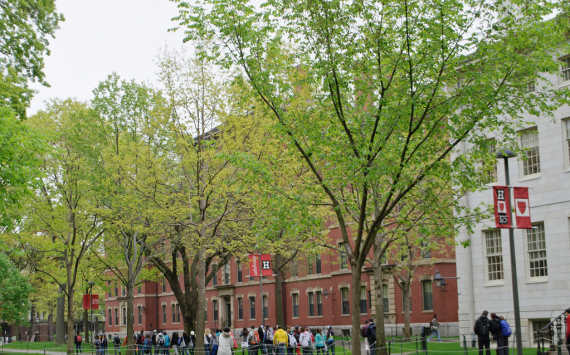
Harvard's Plagiarism Controversy
Harvard's first Black president, Claudine Gay, recently resigned amid plagiarism allegations, raising concerns about academic integrity. This piece delves into the multifaceted aspects of the controversy, including the political backlash, the circumstances surrounding Gay's swift resignation, broader implications for university presidents, the impact of a conservative campaign on higher education, and the potential threats to academic freedom.
The Political Backlash
Conservative figures, spearheaded by Christopher Rufo, orchestrated a campaign to undermine Gay's position, celebrating her departure as a victory in their broader agenda. Rufo's creation of a "plagiarism hunting fund" indicates a politically motivated effort to expose alleged corruption within Ivy League institutions.
Gay's Resignation
The circumstances surrounding Gay's swift resignation, merely six months into her role, prompt questions. Her admission of doubt about scholarly rigor in her resignation letter hints at a more significant controversy, including her testimony on campus antisemitism.
Broader Implications
Comparisons with previous cases, such as the resignations of Stanford University's president and the University of South Carolina's president, highlight patterns and underscore the broader implications of plagiarism scandals within academic leadership.
The Conservative Campaign's Impact
This section explores how the campaign against Gay aligns with a broader right-wing effort to reshape higher education. It encompasses attempts to curtail funding for public universities, roll back tenure, and challenge initiatives promoting diversity, equity, and inclusion (DEI).
Academic Freedom
Scholars and experts weigh in on the allegations against Gay, emphasizing the coordinated nature of the campaign. The article underscores concerns that plagiarism investigations may be weaponized for political agendas, potentially jeopardizing academic freedom.









